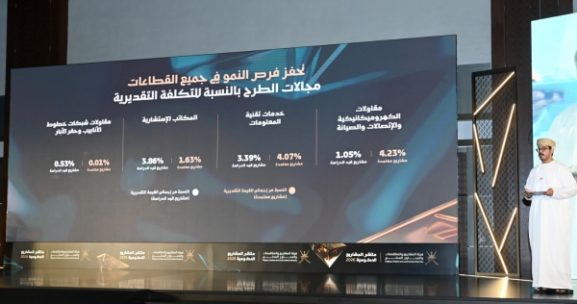IATA Urges Governments to Release CORSIA Emissions Units: Key Implications for Aviation and Business Investments in Oman
The International Air Transport Association (IATA) has urgently called on governments worldwide to address the critically limited supply of carbon credits available to airlines for meeting their obligations under the Carbon Offsetting and Reduction Scheme for International Aviation (CORSIA).
CORSIA, established by the International Civil Aviation Organization (ICAO), aims to cap carbon dioxide emissions from international flights at 2020 levels by requiring airlines to offset any emissions growth beyond this baseline.
IATA specifically urges governments to issue Letters of Authorization (LoAs), which permit the release of CORSIA Eligible Emissions Units (EEUs) for purchase by airlines. These LoAs are essential for creating a transparent and robust market for CORSIA EEUs.
“CORSIA is a vital element of aviation’s global climate strategy. Through this scheme, airlines mitigate their environmental impact by investing in verified emissions reductions across other sectors. By generating climate finance, CORSIA also plays a crucial role in driving both environmental and socio-economic progress, particularly in developing countries. To unlock its full potential and contribute meaningfully to aviation’s decarbonization, states must authorize the release of EEUs. This is a key message we are delivering to the 193 member states at the ICAO Assembly,” stated Yue Huang, Assistant Director Climate Policy, during an ICAO Skytalks session held at the 42nd ICAO Assembly in Montreal, Canada.
Adefunke Adeyemi, Secretary-General of the African Civil Aviation Commission (AFCAC), echoed the call at the same event: “Unlocking access to CORSIA-eligible units and attracting climate finance will empower Africa to demonstrate commitment to sustainability and shape global solutions with regional insights. This is essential to ensure that our economies and operators benefit fairly from the transition to a low-carbon future.”
What are Letters of Authorization (LoAs)?
LoAs are official documents issued by host countries authorizing the use of carbon credits, known as Internationally Transferred Mitigation Outcomes (ITMOs), for CORSIA compliance in line with Article 6 of the Paris Agreement. These letters guarantee that the emission reductions linked to a carbon credit are counted only once—within CORSIA—by requiring the host country to apply a corresponding adjustment to its Nationally Determined Contribution (NDC). Without LoAs, airlines face a severe shortage of CORSIA-eligible units, jeopardizing the scheme and depriving project developers of vital climate finance from airline investments.
Demand-Supply Gap
IATA projects that airlines will need between 146 and 236 million EEUs during CORSIA’s first phase (2024–2026). However, current supplies are severely limited, with only 15.8 million credits available from Guyana.
In Oman, the Civil Aviation Authority (CAA) has issued a national regulation this year to implement the CORSIA programme. Under this scheme, national airlines operating in Oman are required to:
- Purchase carbon offset units in accordance with ICAO standards.
- Monitor and report CO₂ emissions from international aviation activities, ensuring compliance with global emissions reduction objectives.
This regulatory move aligns Oman with the global aviation industry’s efforts to mitigate climate impact and transition toward sustainable operations.
Special Analysis by Omanet | Navigate Oman’s Market
The global scarcity of CORSIA-eligible carbon credits presents both a challenge and an opportunity for Oman’s aviation sector. Businesses in Oman must prepare for increased demand and potential cost pressures related to carbon offset compliance, while also exploring investment opportunities in carbon credit projects and sustainable aviation initiatives. Smart investors and entrepreneurs should focus on developing or supporting verifiable emissions reduction projects and carbon markets to capitalize on emerging climate finance flows linked to CORSIA obligations.



